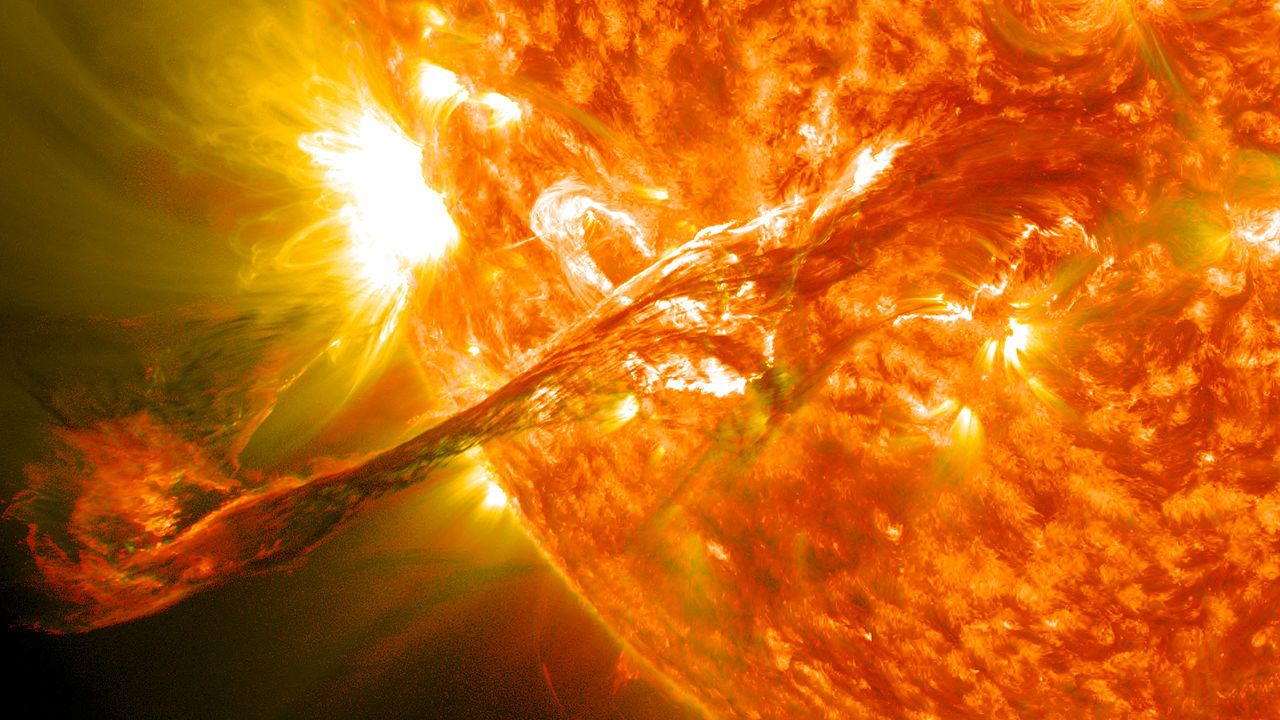Forget the Russians, Donald Trump and Chris McDonald. The real threats to Denmark are volatile weather, virulent disease and disasters.
The emergency response authority, Beredskabsstyrelsen, has revealed the 13 biggest threats to Denmark it its first ever ‘Nationalt Risikobillede’ (‘National Risk Overview’) report.
The report listed hurricanes and strong storms as being the biggest threat to Denmark, followed by flooding from the sea, extreme rain, highly-virulent diseases and farm animal diseases.
“The publication puts focus on 13 types of incidents that would require an extraordinarily considerable and transverse effort in order for society to handle the situation,” said Henning Thiesen, the head of Beredskabsstyrelsen.
“The ‘National Risk Overview’ contributes with a common reference framework for acute risks with broad societal relevancy and can be implemented as part of the foundation for emergency planning in the national crisis handling system and in other connections.”
READ MORE: Russia, terrorism and cyber-attacks highlight annual risk assessment
Space oddity?
Water and food-borne diseases, nuclear accidents, chemical accidents, maritime accidents, transport accidents, cyber incidents, terror incidents and space weather completed the list.
Space weather may sound like a bit of an oddity, but Beredskabsstyrelsen points to a strong solar storm shutting down air traffic in Sweden for a day in 2015.
Beredskabsstyrelsen contends that a series of warning systems and emergency capacities should be developed to tackle the threats as Danish society has become more vulnerable as its dependency on technology has increased.















